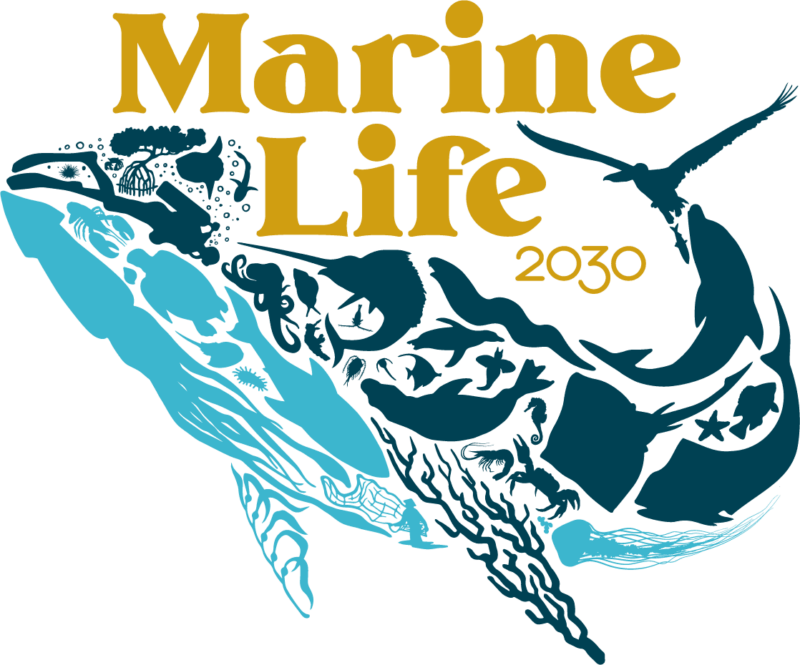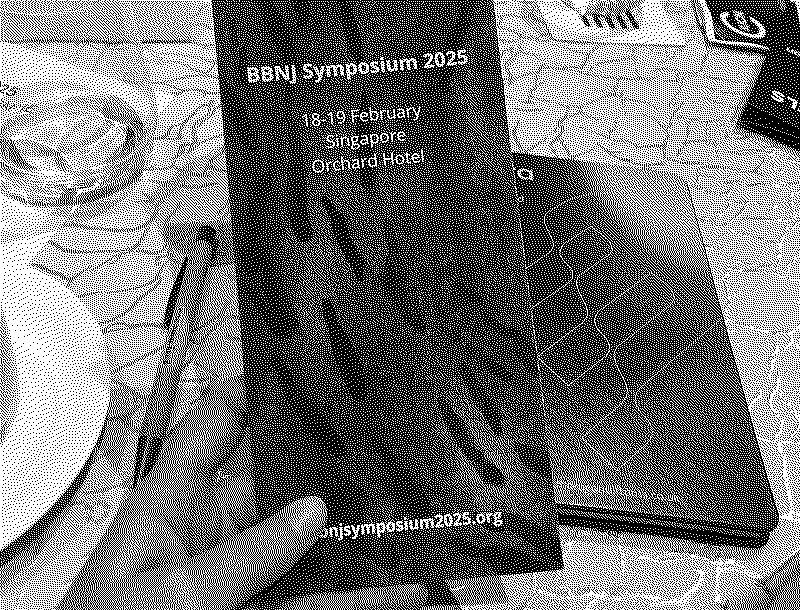
The SARGADOM (Studying Hybrid Governance for the Management and Protection of the High Seas: Case Studies of the Sargasso Sea and the Thermal Dome) project has recently received a significant endorsement from the United Nations’ Decade of Ocean Science for Sustainable Development (2021-2030), under the Marine Life 2030 program. This recognition marks a pivotal moment in the endeavor to understand and effectively manage two critical oceanic regions, the Sargasso Sea and the Thermal Dome, through innovative hybrid governance approaches.
The SARGADOM project focuses on studying hybrid governance models tailored to the unique challenges presented by the high seas. With increasing pressures from climate change, overfishing, pollution, and other anthropogenic activities, effective management and protection of these vulnerable ecosystems have become imperative.
The Sargasso Sea, known for its vast floating mats of Sargassum seaweed, and the Thermal Dome, an oceanic hotspot teeming with biodiversity, serve as emblematic case studies for the project. These regions face complex governance issues due to their transboundary nature and the absence of a single governing body. The SARGADOM project aims to fill this gap by exploring innovative governance frameworks that integrate both state and non-state actors, fostering cooperation and coordination for sustainable management.
By harnessing interdisciplinary research methods, the SARGADOM project seeks to identify best practices and develop adaptable governance models that balance conservation goals with socio-economic interests. This holistic approach recognizes the interconnectedness of marine ecosystems and human activities, emphasizing the importance of inclusive decision-making processes that prioritize long-term sustainability.
The endorsement from the Decade of Ocean Science for Sustainable Development underscores the significance of the SARGADOM project in advancing global efforts towards ocean conservation and sustainable development. By aligning with the objectives of Marine Life 2030, the project aims to contribute valuable insights and solutions to address the challenges facing the high seas in the coming decade.
Furthermore, the recognition highlights the collaborative efforts of researchers, policymakers, civil society organizations, and other stakeholders involved in the SARGADOM project. It emphasizes the importance of partnerships and knowledge exchange in driving meaningful progress towards achieving a healthy and resilient ocean environment for present and future generations.



